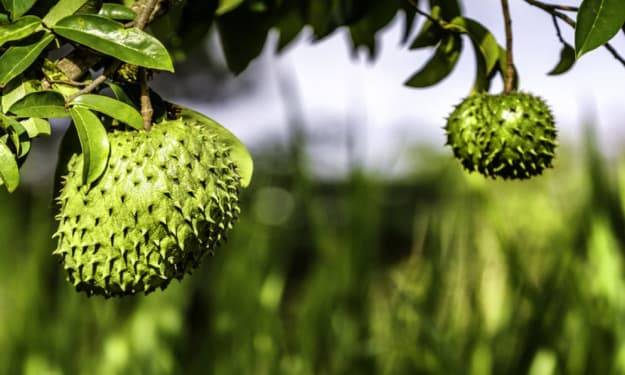Reasons why a woman's vagina makes sound while having sex
Understanding Vaginal Sounds During Sexual Intercourse: Causes and Considerations

Introduction: Sexual intercourse is a deeply personal and intimate act, and it is natural for the body to respond and produce various sounds during the experience. Vaginal sounds, also known as queefing, may occur during or after sexual activity and can be a source of curiosity or concern for both partners. In this article, we will explore the reasons behind vaginal sounds during sex, debunk common misconceptions, and provide insights into embracing and normalizing these sounds as a natural part of sexual encounters.
Anatomy and Physiology: To understand vaginal sounds, it is essential to consider the anatomy and physiology of the female reproductive system. The vagina is a flexible muscular canal lined with soft tissues that can expand and contract. It is also connected to other reproductive organs, including the uterus and cervix. During sexual arousal, blood flow to the genital area increases, causing engorgement of the vaginal walls and the release of natural lubrication. These changes, combined with the rhythmic movements of sexual activity, can contribute to the creation of sounds.
Air Entrapment and Release: One of the primary reasons for vaginal sounds is the entrapment and subsequent release of air. As the vagina expands and contracts during intercourse, air can be drawn into the vaginal canal. This air can become trapped momentarily and then be released, resulting in a sound that resembles a "queef." This phenomenon is more likely to occur in certain positions, such as doggy style or when transitioning between different sexual positions. It is important to note that queefing is a normal bodily function and not indicative of any underlying health issues.
Lubrication: Another factor contributing to vaginal sounds is the presence of natural lubrication. Lubrication is essential for comfortable and pleasurable sexual activity, and it helps reduce friction during penetration. As the vagina becomes more lubricated, the movement of the penis or other objects can cause the lubricant to create squelching or slurping sounds. These sounds are a natural consequence of the fluid dynamics involved and should not be a cause for concern.
Vigorous or Fast Movements: Intense or fast-paced sexual activity can increase the likelihood of vaginal sounds. When the movements during sex are vigorous or rapid, the vaginal walls experience more friction and displacement, leading to increased air entrapment and release. This, in turn, can produce more pronounced sounds. It is important to remember that the intensity of sexual activity varies from person to person, and what may cause sounds in one individual may not have the same effect on another.
Positional Considerations: Certain sexual positions can affect the likelihood and intensity of vaginal sounds. For instance, positions that involve deep penetration, such as missionary with legs raised or woman-on-top with a deep thrusting angle, may create more pronounced sounds due to increased air displacement. Experimenting with different positions and angles can help individuals find what works best for them in terms of comfort and sound levels.
Psychological Factors: Sexual arousal involves both physical and psychological elements. Feelings of excitement, relaxation, or anxiety can influence the body's physiological response. It is worth noting that being self-conscious about vaginal sounds can create tension and anxiety, potentially affecting sexual enjoyment. Open communication, understanding, and reassurance between partners can help alleviate any concerns and foster a more comfortable and accepting environment.
Myth Debunking: There are several misconceptions surrounding vaginal sounds that need to be addressed. Firstly, queefing is not the same as passing gas or flatulence, as it does not involve the release of gas produced by the digestive system. Secondly, vaginal sounds are not a sign of promiscuity, uncleanliness, or any sexual dysfunction. They are merely a natural byproduct of the anatomy and physiological processes involved in sexual activity.
Conclusion:
Vaginal sounds during sex, commonly referred to as queefing, are a natural and normal occurrence. They arise from the movement, flexibility, and lubrication of the vaginal canal. Understanding the reasons behind these sounds and debunking myths surrounding them is crucial for individuals and couples to embrace and normalize them. By promoting open communication, education, and acceptance, we can foster a healthier attitude towards sexual experiences and ensure that both partners can fully enjoy the intimate moments they share.





Comments
There are no comments for this story
Be the first to respond and start the conversation.